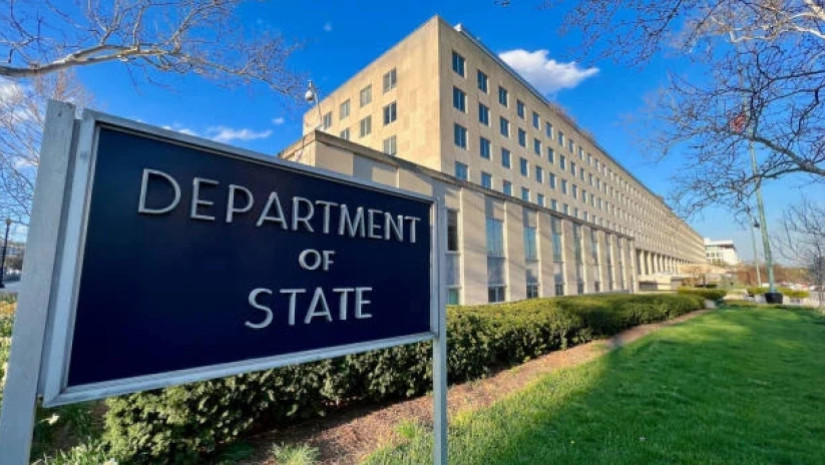Throughout the year, among the significant negative developments regarding human rights in Georgia was the enactment of the so-called “Law on Transparency of Foreign Influence,” according to the 2024 Human Rights Report on Georgia published by the U.S. Department of State.
The document emphasizes that, according to credible non-governmental organizations, the so-called “Law on Transparency of Foreign Influence” restricted freedom of expression and association.
Additionally, the report notes that other significant negative developments in terms of human rights included the so-called “Law on Family Values and Protection of Minors,” which criminalized certain forms of expression, as well as a campaign of intimidation, coercion, and misuse of administrative resources that restricted freedom of expression, particularly in connection with the October parliamentary elections.
The document highlights that significant human rights issues included credible reports of: “torture or cruel, inhuman, or degrading treatment; arbitrary arrests or detentions; serious restrictions on freedom of expression and media freedom, including violence and threats of violence against citizens and journalists, unjust arrests and criminal prosecutions of journalists, and the chilling effect of the so-called transparency and family values laws.”
The document notes that the government took steps to investigate and punish some officials involved in human rights violations, but impunity remained a problem.
Furthermore, the report addresses Georgia’s occupied regions, specifically noting that in 2024, the regions of Abkhazia and the so-called South Ossetia, occupied by Russia, remained outside the control of the central government, with de facto authorities supported by Russian forces.
“Russian-occupied regions of Abkhazia and South Ossetia remained outside central-government control, and de facto authorities were supported by Russian forces. Significant human rights issues in the occupied regions included credible reports of arbitrary arrest and detention. Russian and de facto authorities in both regions committed abuses with impunity,” the document states.
The report also addresses press freedom, noting that the constitution and law provided for freedom of expression, including for the press and other media representatives. However, journalists, non-governmental organizations, and the international community expressed serious concerns about the government’s respect for freedom of expression.
“These concerns focused on the worsening environment and legislation for media pluralism, as well as violence and threats of violence against journalists. The Foreign Influence law (FIL), which was enacted on May 28, required civil society organizations (CSOs) and media that received at least 20 percent of their funding from abroad to register as “objects of foreign influence.” Restrictions on access to information also continued to be a concern. NGOs reported previous criminal investigations of illegal government surveillance of journalists remained pending,” the report states.


















